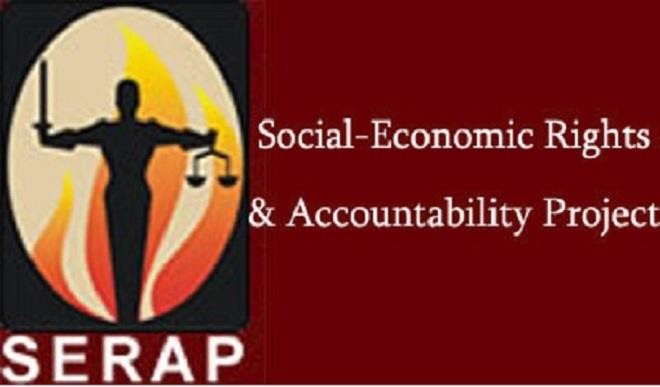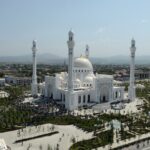The Socio-Economic Rights and Accountability Project, SERAP, has supported the reported probe by the Economic and Financial Crimes Commission, EFCC, of the government of former president Olusegun Obasanjo’s $16 billion power project.
The organisation said that it was an opportunity for the anti-graft agency to show that former heads of state and other high-ranking public officials are not immune from investigation and prosecution for allegations of grand corruption in Nigeria.
In a statement on Sunday, SERAP’s deputy director, Kolawole Oluwadare, said that the probe was timely, especially coming at a time of citizens’ frustrations at persistent allegations of corruption and the impacts on their human rights.
“The EFCC should urgently invite anyone suspected to be involved for questioning.
“The agency should also expand the probe to cover the alleged squandering of a total of N11 trillion in the power sector between 1999 and 2015, and the unresolved case of the reported missing $12.4 billion oil windfall, allegedly spent between 1988 and 1993 by the government of former military dictator, General Ibrahim Babangida.
“This probe is something, which SERAP has consistently called for. Nigerians have for far too long been denied justice and the opportunity to get to the bottom of why they continue to pay the price for corruption in the electricity sector–staying in darkness, but still made to pay crazy electricity bills.
“The EFCC has the full support of Nigerians in its efforts to hold high-ranking public officials to account for grand corruption. And if consistently, fairly and diligently pursued, this probe would contribute to ending impunity for corruption, and to mobilizing and encouraging youth civic engagement in the anti-graft fight in the country.
“SERAP stands ready to work with the EFCC in pursuing all allegations of grand corruption,” the statement read in part.
The organisation noted that former presidents have routinely faced corruption charges in countries like Iceland, Kyrgyzstan, Brazil, Montenegro, South Korea, Pakistan, Zimbabwe, South Africa, Slovakia, Peru, and Mauritius, and the probe by the EFCC would mean this list would grow even further to include Nigeria.

 Join Daily Trust WhatsApp Community For Quick Access To News and Happenings Around You.
Join Daily Trust WhatsApp Community For Quick Access To News and Happenings Around You.

